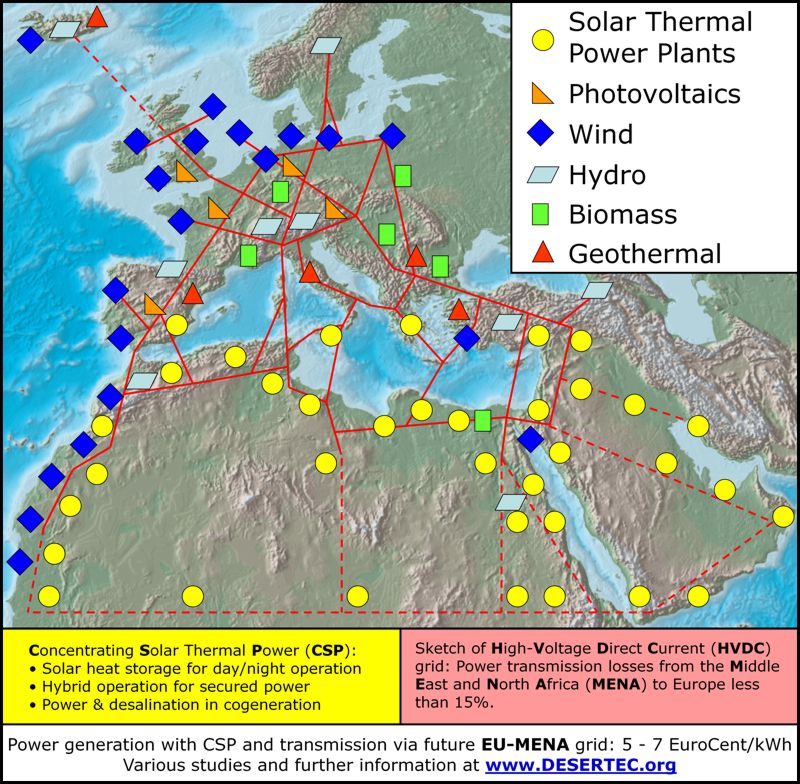
A global shortage of oil within five years poses a bigger threat to the UK than terrorism, an industry group has warned.
29 Oct 2008 -It will also see prices soar to far higher levels than the $147 a barrel peak of July, which saw the country's motorists paying 119.7 pence a litre for petrol.
The warning of a looming energy crisis has been made by the UK Industry Taskforce on Peak Oil and Energy Security, an alliance of eight companies drawn from across the economy.
It has predicted that the availability of cheap oil will slump after 2013, with a devastating impact on the British economy. More >>>









